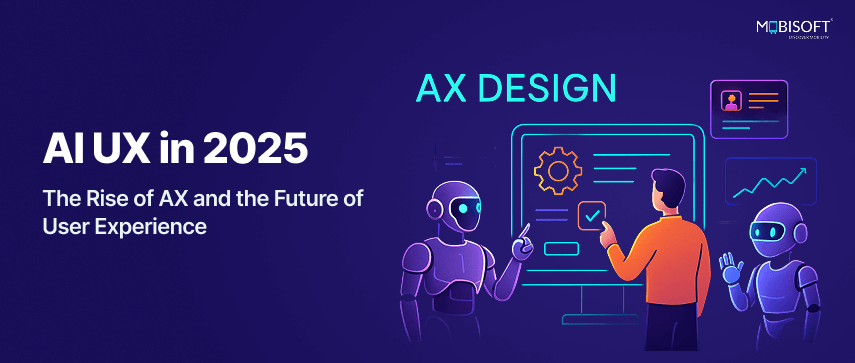AI Implementation in UI/UX: Transforming Digital Experiences
AI Implementation in UI/UX: Transforming Digital Experiences
In today’s digital-first world, Artificial Intelligence (AI) is playing a revolutionary role in shaping how users interact with applications and websites. By implementing AI in UI/UX design, businesses can create smarter, more personalized, and intuitive experiences that keep users engaged and satisfied.
Why AI Matters in UI/UX
Traditional UI/UX design focuses on user-friendly interfaces and seamless navigation. With AI, this goes a step further—designs can adapt dynamically to user behavior, preferences, and real-time needs. This leads to improved usability, accessibility, and customer satisfaction.
Key Applications of AI in UI/UX
-
Personalized User Experiences – AI analyzes user data and tailors content, layouts, and recommendations, ensuring every interaction feels unique.
-
Predictive Analytics – Anticipating user actions allows designers to create intuitive flows that reduce friction in navigation.
-
Voice & Conversational Interfaces – AI-powered chatbots and voice assistants enhance customer support and interaction.
-
Automated Design Assistance – AI tools like Figma AI, Uizard, and Adobe Sensei speed up prototyping and generate design suggestions.
-
Enhanced Accessibility – AI-powered solutions can optimize interfaces for people with disabilities through voice navigation, text-to-speech, and adaptive layouts.
-
Usability Testing – AI automates testing by analyzing user interactions, identifying bottlenecks, and suggesting improvements.
Benefits of AI-Driven UI/UX
-
Efficiency: Faster design iterations with AI-driven automation.
-
Engagement: Personalized journeys increase user satisfaction.
-
Scalability: Interfaces adapt to different user groups and markets.
-
Data-Driven Design: Continuous feedback loops ensure constant improvement.
Future of AI in UI/UX
AI is not replacing designers—it’s empowering them. The future lies in human creativity enhanced by AI-driven insights. As AI continues to evolve, UI/UX design will become even more adaptive, predictive, and inclusive, ultimately redefining digital experiences.
Final Thoughts
AI implementation in UI/UX is no longer optional; it’s a necessity for businesses aiming to stay competitive. By blending creativity with intelligence, companies can design experiences that not only look good but also feel intuitive, personalized, and future-ready.





